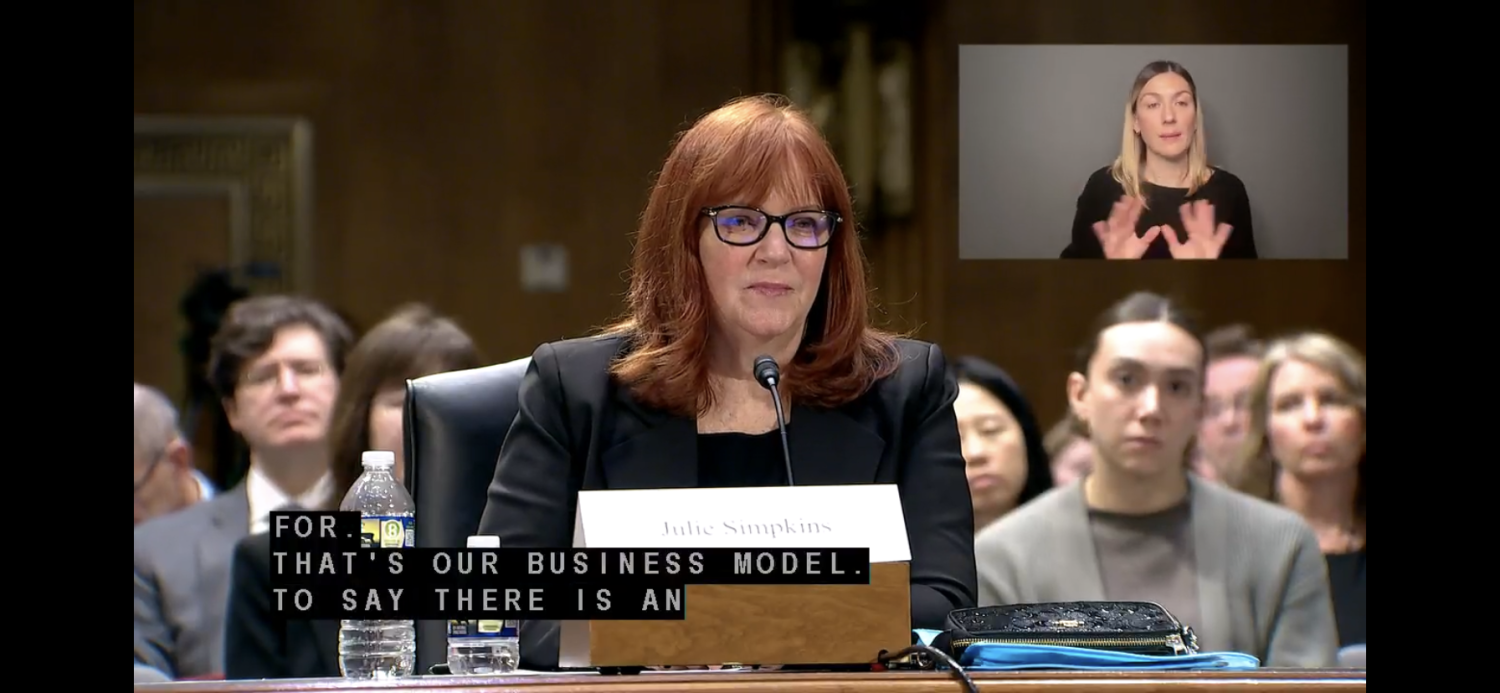By Rick Banas, Vice President of Strategic Marketing
In a Blog (Click) posted last week, I discussed AARP’s and Congressman Bill Foster’s support of the Health Care for America Act, the Senate’s version of health care reform.
AARP declares the Act to be budget neutral and argues that it not only protects Medicare benefits, but puts Medicare on much stronger financial ground.
Congressman Foster says that “I don’t think it does anyone any good to think that this will not cost money,” but feels that adding a surtax on people who earn more than $1 million a year will be sufficient and is a better approach than taxing the health care benefits provided to workers by their employers.
He supports the legislation even though “I can rattle off a lot of things that are not perfect about the bill” because “it contains a lot of provisions that I believe are important,” especially to those who live and work in his district.
Patient advocate Betsy McCaughey (Click) of the organization Defend Your Healthcare, however, expresses concerns about both the House and Senate health care reform plans, especially when it comes to seniors and baby boomers.
She is the author of numerous articles on health policy, infection, medical innovation and the economics of aging. She authored an Op-Ed piece on “ObamaCare’s Winners and Losers” that was published in the Nov. 24 edition of the New York Post and an opinion piece on “What the Pelosi Health-Care Bill Really Says” that was published in the Nov. 7 edition of The Wall Street Journal. Earlier this week, she discussed the Senate health care bill with Dennis Miller on his radio show.
According to McCaughey, who is a former Lt. Gov. of New York, both the House and Senate plans slash funding for Medicare by nearly half a trillion dollars, primarily by reducing payments to hospitals and other institutions that care for Medicare patients.
She notes that Medicare’s Chief Actuary Richard Foster warns that reducing payments to institutions that cater to sizeable numbers of individuals on Medicare might jeopardize their ability to remain profitable and their willingness to continue to participate in the Medicare program.
This would jeopardize access to health care for Medicare beneficiaries without the government ever having to take action to “ration” care. After all, where will the rapidly increasing number of people who will be depending on Medicare in future years go for their health care if there is a significant reduction in the number of institutions that are willing to accept Medicare.
In addition, McCaughey notes that Section 4105 of the Senate version of health care reform empowers the government to modify or eliminate preventive care services for seniors based on what the US Preventive Services Task Force recommends. This is the same task force, McCaughey says, that last month recommended that women forgo mammograms between the ages of 40 and 50, settle for mammograms every two years from ages 51 to 74, and stop altogether after age 74. “The Task Force says its guideline will be 81% as effective in saving lives and should be good enough.”
In her opinion piece on the House version of health care reform, McCaughey also cited the following that may be of concern for seniors:
- Moves Medicare toward a “medical home” system in which a primary care provider would manage a patient’s access to specialists and diagnostic tests.
- Cuts in payments to Medicare Advantage Plans, which could impact optional benefits such as vision and dental care.
- Replaces physicians with physician assistants in overseeing care for hospice patients.
“More Americans will be losers than winners,” says McCaughey.
All affordable assisted living communities managed by BMA Management, Ltd. are certified and surveyed by the Illinois Department of Healthcare and Family Services. All assisted living communities are licensed and surveyed by the Illinois Department of Public Health.
“BMA Management, Ltd. is the leading provider of assisted living in Illinois
and one of the 20 largest providers of assisted living in the United States.”
What are your thoughts? Leave a comment and let us know.




